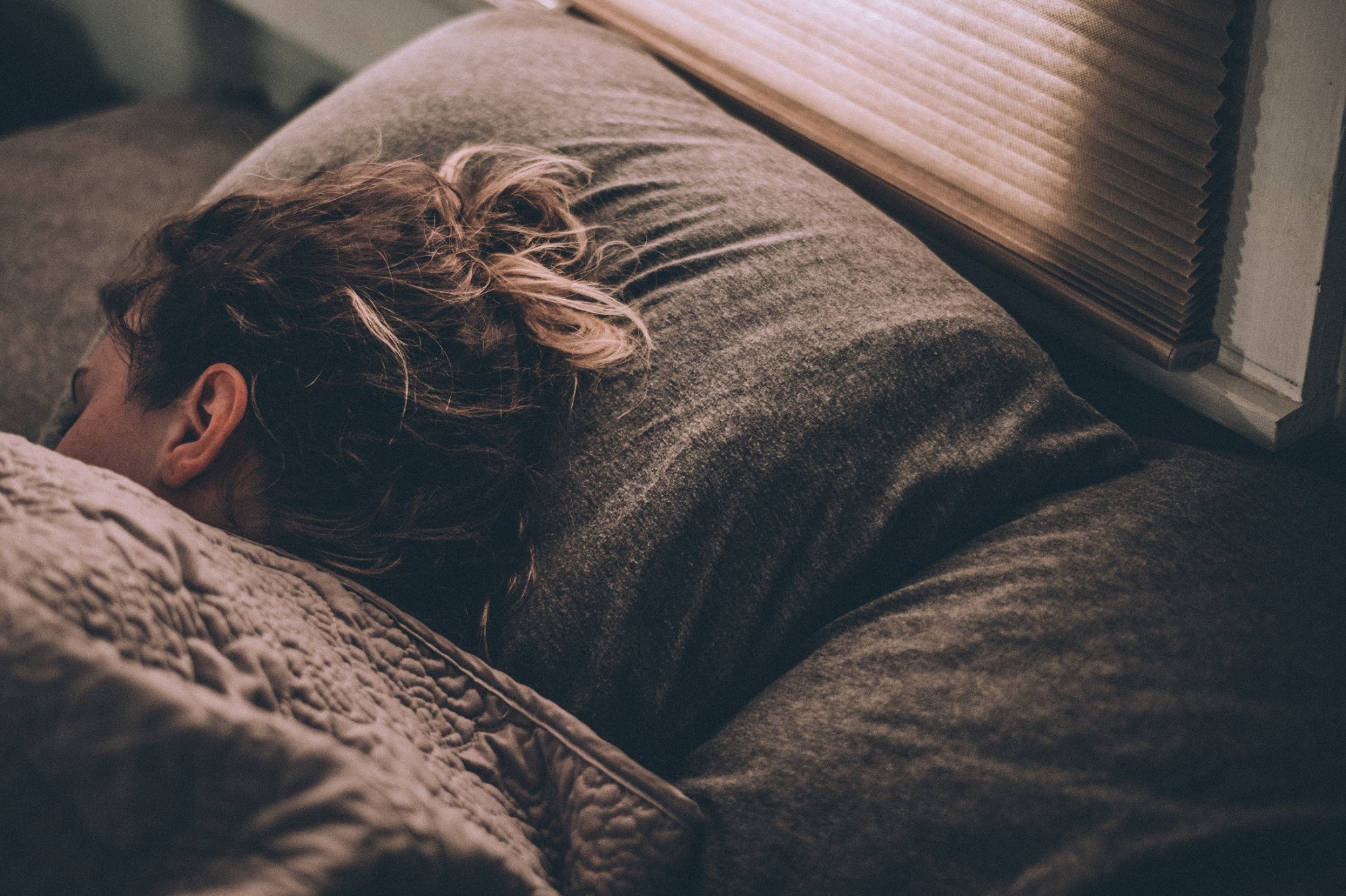Having trouble sleeping? Try our hints and you’ll be out like a light
Sleeping is the backbone of feeling awake. Improve it with tips from Clip.
You get up for work, wash up, get dressed, have breakfast, commute to work, greet your colleagues, reach your desk, sit down and instantly feel tired. What happened? Well in many cases, you just didn’t rest properly during the night. And sleep can have a huge impact on your overall wellbeing and productivity throughout the day.
Have you ever thought about your sleep as a whole? How does your bedroom look and how do you feel there? Do you hold dear any pre-bedtime activities? And what’s your overall feeling after sleeping long enough?

Clip will lead you through and explain how even the little things can really make a difference and bring about positive changes.
Sweet dreams are made of rituals
Make your own sleep routine.
It might sound boring at first, but it’s actually what your brain craves: assurance and repetition. Why? Because when the great switch from being wide awake to dozing off is about to happen, it’s good to let your brain know it’s time with ritualised steps.
To help your body’s clock tick on time, go to bed and wake up at the same time. Weekends included.
Lacking ideas? Get inspired by Clip:
- Listen to your favourite (relaxing) music
- Dim the lights in the evening and try to catch some morning sunlight, if at all possible
- Open a window to let some fresh air in
- Tuck yourself into bed
- Breathe in and out deeply, it will help your body relax
- Read a book
- Skip afternoon power naps if you have problems falling asleep at night

And remember, it takes 30 days of repetition to build a new habit!
What to read?
As mentioned above, books play a prime role. Books don’t emit blue light, which depresses the sleeping hormone melatonin’s production, as screens do. Avoid reading the news before bedtime too. New information can keep you alert and causes your brain to stay active. Reading books will tire your eyes in a pleasant way and smoothly lead you towards sleep.

The kingdom of your dreams
Take a moment and think about the place where you sleep. How does it look? How does it feel to sleep there? Does it give you enough shelter and sound isolation? How comfortable is your bed?
All of these can play a major role in the quality of your sleep. The bedroom should be free of light and noise and your bed should only be used for sleeping related activities so the association between your bed and sleep stays undisturbed.
The quality and hardness of your mattress and pillow can facilitate heavenly deep sleep, but, just as easily, restless napping throughout the night. The temperature in the room should be somewhere between 16° and20°C – make sure your blankets keep you warm enough.

Feeling snackish?
We all know that eating right before sleeping doesn’t put your stomach and mind at ease. This includes coffee, alcohol and smoking too. If your will is not strong enough to commit to no food before sleep, make a compromise and have a small, light snack 45 minutes before bedtime.
What is the recommended length of sleep?
The right amount of sleep is highly individual due to different environments and genetics. Research on sleep has shown that to avoid sleep deprivation and keep a grip on your anger [1], 8 hours and 10 minutes[2] is what you should aim for. It’s definitely worth investing some time to explore what your ideal amount of sleep is.

Last but not least, how do you keep track of your newly implemented routine? Keep a sleep diary. Write about any subject related to your sleep, whether it’s a ritual you have started to practice, the hours rested during the night, dreams or even about your day at work. This overview will reward you with a better understanding of your body’s preferences when it comes to nurturing yourself.
[1] Krizan, Zlatan & Hisler, Garrett. (2018). Sleepy Anger: Restricted Sleep Amplifies Angry Feelings. Journal of Experimental Psychology General. 10.1037/xge0000522
[2] Stanford Center for Sleep Sciences and Medicine




